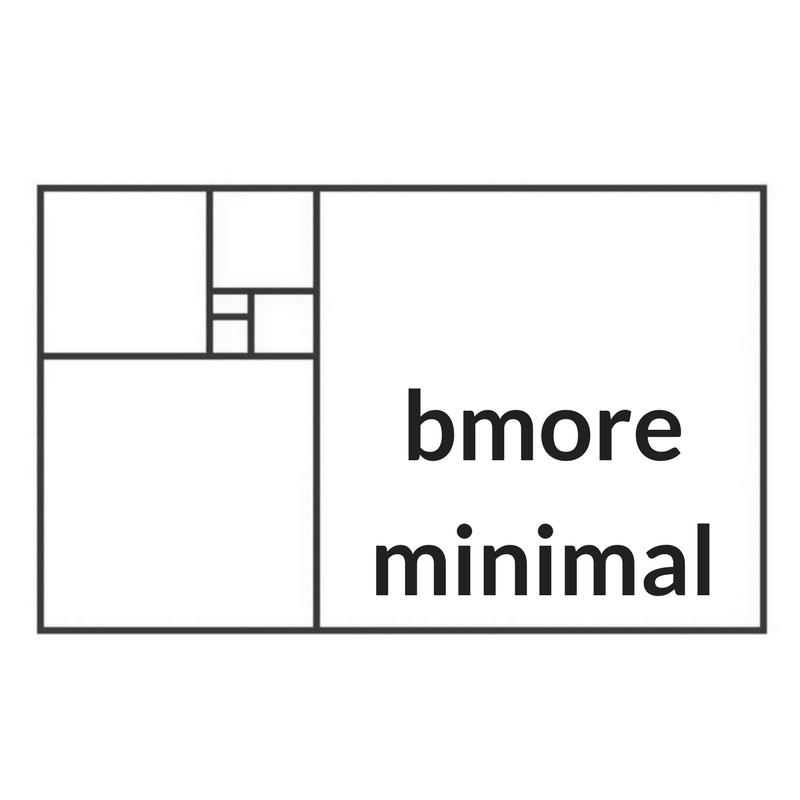Unpopular opinion alert: We should pay for shipping.
Adding a few more things to our online cart to qualify for free shipping drives impulsive and expensive acquisition.
What about Amazon Prime? We can get free shipping even on single items! Won’t that prevent us from cluttering our cart, and subsequently our homes, with add-ons?
In a word, no.
First of all, Amazon Prime is not free shipping. It’s pre-paid shipping, costing $119 a year.
A member needs to order 11 deliveries under $25 for that pre-paid shipping to cover what would otherwise be a typical $10/delivery shipping fee. That would mean spending ~$250 per year on items.
But the average Amazon Prime user spends $1,400 on Amazon each year in addition to their membership fee.
Since they’ve already financially and mentally pre-committed to shopping on Amazon, they do so even when a local store might have better prices and customer service.
They buy plenty of things they don’t need, things that end up being donated or discarded.
The average Non-Prime Member like me spends $600 a year on Amazon. I’ll concede that sometimes the convenience of Amazon is unmatched. I just ordered a new router from the site, after reading dozens of reviews and comparing it to other models. (My order even qualified for free shipping, which gave my lizard brain a small thrill.)
Are we Non-Primers spending that other $800 elsewhere, collecting just as much future-clutter?
Maybe, but that’s less likely. Time + inconvenience provides enough friction to curb impulse buys.
Besides, while brick and mortar stores are highly manipulative environments, they still don’t have algorithms clocking your every click and suggesting other things you might buy, filling your various news feeds with targeted ads, calculating the perfect level of price discrimination based on your browsing history...
Amazon is not in the business of losing money. Prime is a wealth pipeline out of our neighborhoods and into Jeff Bezos’ massive untaxed fortune.
Shipping has costs. We can either pay directly, or we can pay indirectly in the form of higher prices on items, more spending overall, more clutter in our homes, and less vibrant local economies.
